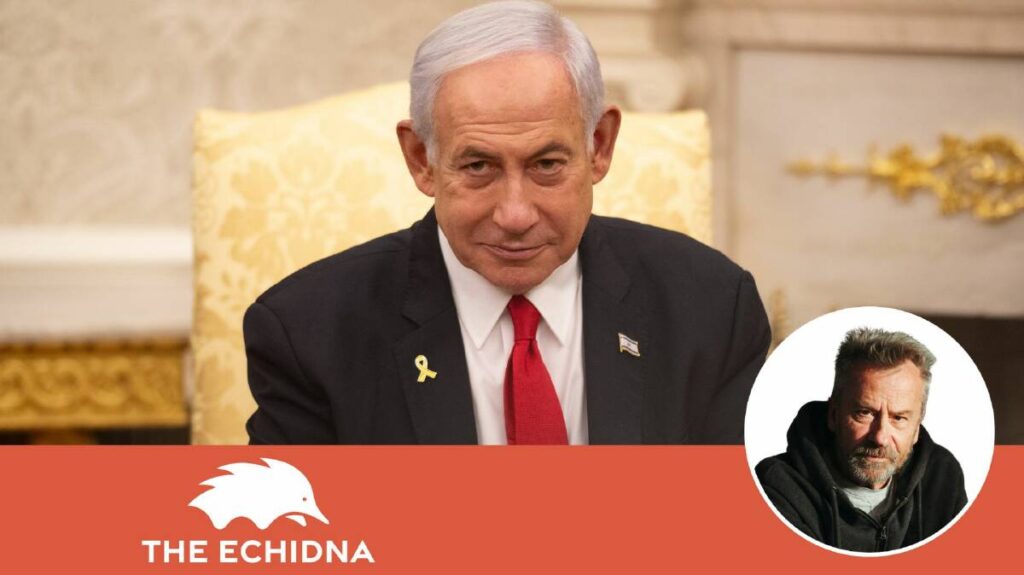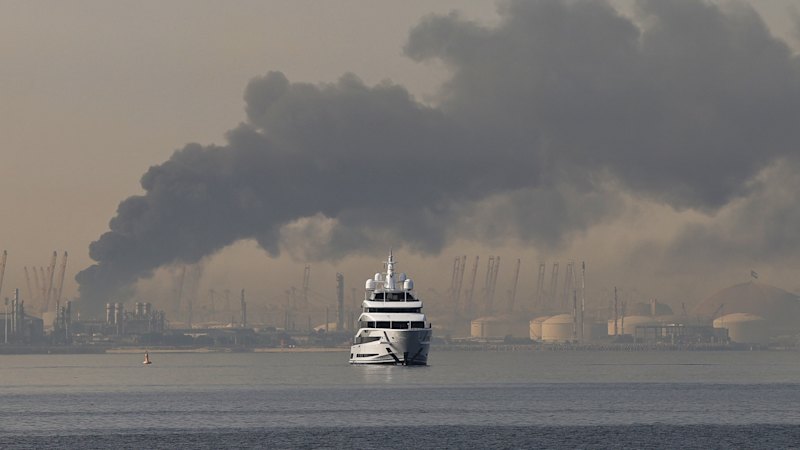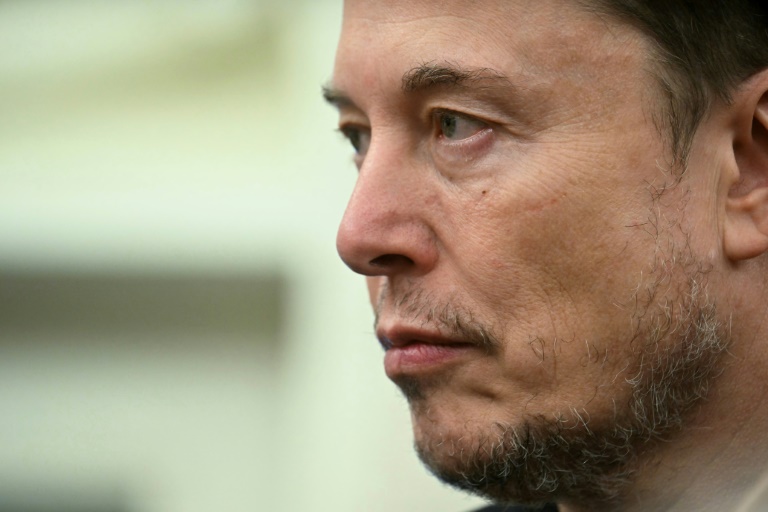
BREAKING: Australian Prime Minister Anthony Albanese is facing intense scrutiny after Benjamin Netanyahu publicly labeled him a “weak leader” on social media, igniting a political firestorm that has captivated Australia. Just hours ago, Home Affairs Minister Tony Burke responded fiercely, emphasizing that true strength is measured not by violence but by diplomatic engagement.
In a pointed message on X/Twitter, Netanyahu criticized Albanese for what he termed a betrayal of Israel and its Jewish community in Australia. Burke countered, highlighting Albanese’s commitment to respectful dialogue with leaders, even when facing decisions that might upset Israel. “Strength is much better measured by exactly what Prime Minister Anthony Albanese has done,” Burke stated.
Albanese, who is currently navigating a complex international landscape, dismissed Netanyahu’s comments, insisting that they would not deter him from maintaining respectful relations with global leaders. His approach resonates with many Australians who have witnessed a shift in his leadership style since his first term.
This clash has raised eyebrows, including from Alex Ryvchin, head of the Executive Council of Australian Jewry, who deemed Netanyahu’s social media outburst unacceptable. Ryvchin stressed that such public criticism does not facilitate constructive dialogue.
The political landscape in Australia has shifted dramatically in recent months. Albanese has enjoyed robust support, marked by a strong showing in recent polls, while Netanyahu faces significant challenges, including widespread protests in Israel against his handling of the ongoing conflict in Gaza.
What does this mean for the future of Australian leadership? Many are reevaluating their perceptions of Albanese, who has, contrary to initial doubts, secured a second term with dominant control over the House of Representatives. Observers are questioning Netanyahu’s judgment—can a leader in a coalition with extremist factions truly critique another’s strength?
As tensions rise, the implications of this exchange extend beyond political rhetoric. Australians are increasingly engaged in discussions about leadership effectiveness at home and abroad. The urgent question remains: How will this alter the political dynamics in Australia as it navigates its foreign policy amidst international pressures?
Stay tuned for more updates as this story develops. Will Albanese’s approach strengthen Australia’s position on the global stage, or will Netanyahu’s criticism resonate with voters? The political implications are profound, and the discourse will likely evolve in the coming days.
This ongoing saga underscores the importance of diplomatic relationships in turbulent times, prompting Australians to consider their values and the leaders they support. Share your thoughts on this developing situation and how it impacts perceptions of leadership in today’s world.






